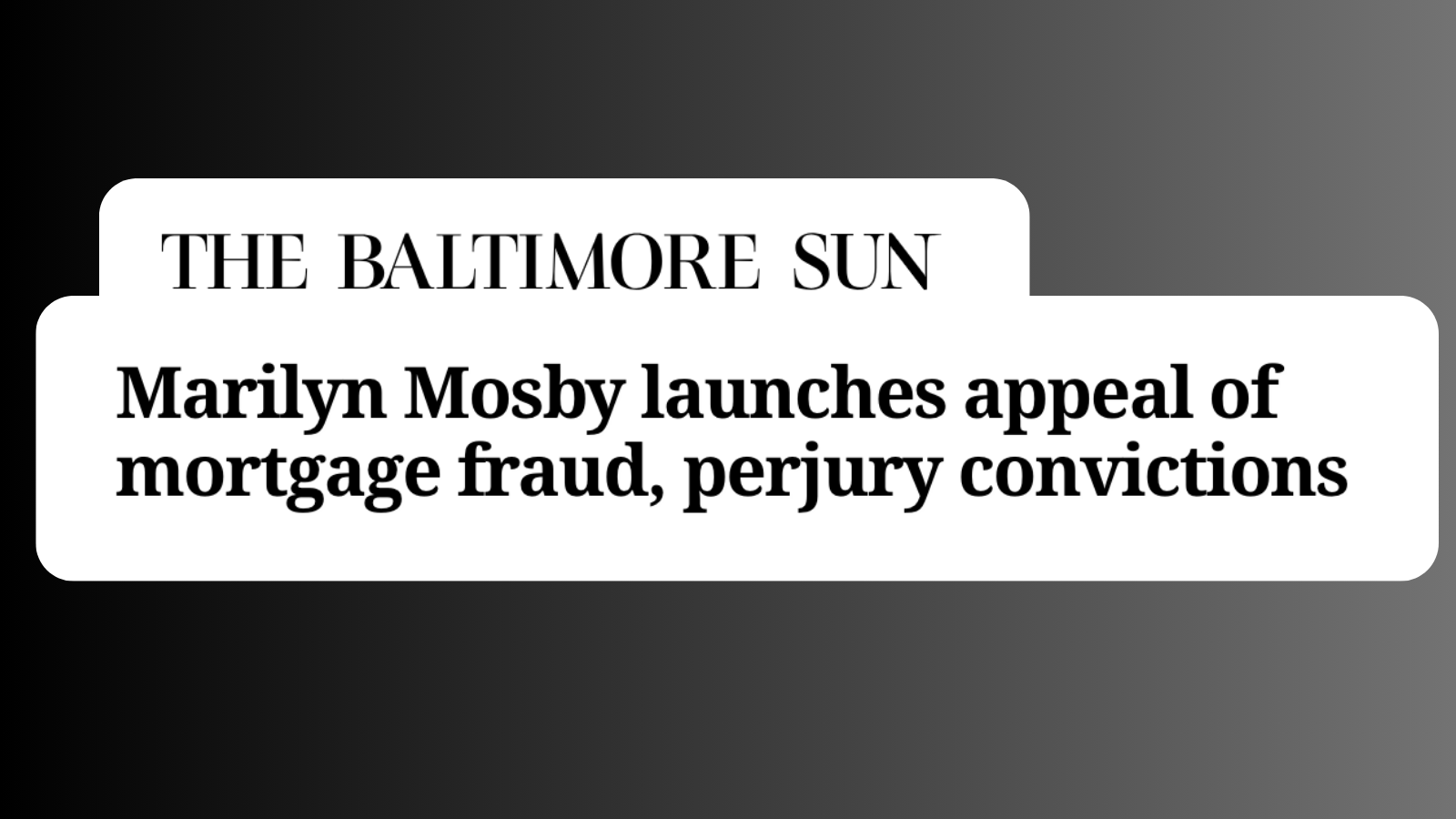Op-Ed: “The poisoned Apple: is the Court docket of Justice searching for Justice by way of authorized Misinterpretation?” – Cyber Tech
That is the primary Op-Ed of a Symposium on the Apple State Help case ( C‑465/20 P). Extra Op-Eds will comply with quickly in EU Regulation Reside.
The current last ruling on the Apple State-Help case shocked many commentators, together with this creator, who trusted the Court docket of Justice of the European Union (‘the Court docket’) can be a reliable technical interpreter of worldwide tax legislation. The correct interpretation of Articles 7 and 9 of the OECD Mannequin Conference (‘MC’) is what should underlie the right understanding of those notorious instances the place the EU Fee discovered Member States granted unlawful state help primarily by way of an alleged misapplication of switch pricing guidelines in convoluted worldwide buildings involving U.S. multinationals. Belief within the technical competence of the Court docket means belief within the rule of legislation inside Europe, within the high quality of EU establishments that must replicate the low sovereign-political threat implied within the assurance of basic freedoms inherent to the functioning of the interior EU market.
If the ultimate determination of the Court docket of Justice displays authorized misinterpretation, whether or not purposeful, in a quest for broader justice underneath tax or competitors legal guidelines, or whether or not unintentional, as a displaying of the technical lack of ability of the Court docket to handle and interpret very advanced switch pricing notions, each, that might sign an incremental diploma of political (sovereign) threat in Europe. And in that sense, elevated political threat alerts not solely a possible improve to the price of capital for Europe, however, most worryingly, a possible erosion of the standard of EU authorized establishments and of the rule of legislation inside Europe.
Within the Amazon, Starbucks and Apple instances, as this creator has demonstrated in 2016, the principle tax impact of the intricate authorized buildings that have been put in place was the deferral of residual U.S. taxation on income that, underneath the arm’s size precept (ALP) as interpreted by OECD Switch Pricing Tips, and the Licensed OECD Method (AOA) for the Attribution of Earnings to Everlasting Institutions (APPE), weren’t and shouldn’t be attributable to every other nation. Previous to the U.S. Tax Reform of 2017 (Tax Reduce and Jobs Act (TCJA)), that’s, previous to the U.S. discount of its federal company tax price from 35% to 21%, and previous to the U.S. adoption of its personal model of an ‘innovation field’ (Overseas Derived Intangibles Revenue or FDII) at par with a number of EU regimes, U.S. multinationals that didn’t undertake advanced worldwide buildings searching for deferral of the residual U.S. tax burden can be underneath a aggressive drawback vis-à-vis their non-US rivals which operated at decrease company tax charges (and/or benefiting from incentives which are stronger than these explicitly out there underneath U.S. legislation) and underneath participation exemption (moderately than deferral) regimes.
Alternatively, the buildings carried out by U.S. multinationals have been so environment friendly in stopping the triggers of U.S. taxes on residual income while not attributing incremental income to market international locations (as an illustration, right here and right here), that such buildings may hypothetically have been perceived as distortionary from a contest legislation or worldwide commerce legislation perspective (maybe or allegedly revenue tax subsidies favoring U.S. exports), albeit by no means materialising any state-aid granted by any non-U.S. jurisdiction. Maybe U.S. switch pricing guidelines and jurisprudence, by not incorporating the AOA/APPE amongst different options of the OECD Tips, can be considered as too laxed or too formalistic; or maybe U.S. managed overseas firm (CFC) and entity classification (‘check-the-box’) guidelines would have too many loopholes. Maybe not.
Tackling that hypothetical distortion and searching for aggressive or commerce justice might have been a motivator for the Court docket of Justice to seek out in opposition to Eire and Apple. Nonetheless, the route of unlawful state-aid findings is grounded on an obvious misinterpretation of switch pricing guidelines which can itself be a poisoned tree – from which the Euro 13 billion (plus) fruits may also be poisoned, infecting the European Inner Market by way of elevated political threat.
Crucially, the lingering mistake and misinterpretation that began with the EU Fee, that was momentarily corrected by the Basic Court docket, and that finally tainted the Court docket of Justice’s last determination considerations a gross misunderstanding of the information underlying the Value Sharing Settlement (CSA) between the non-resident Irish entities (which have Irish branches) and Apple, Inc., and the relevance of these information within the interpretation of Articles 7 and 9 of the OECD MC, within the software of the ALP and AOA/APPE. The Court docket of Justice recites
‘ The Fee recognises in its determination that key features in relation to the Apple Group’s IP have been carried out by Apple Inc., both as guardian firm of the Apple Group or underneath the cost-sharing settlement, but it surely explains that that isn’t related for the needs of the allocation of ASI’s and AOE’s income amongst their respective head workplaces and branches, and related solely within the mild of the reference framework relevant (recitals 308 to 318 of that call)’ (para. 90).
And it summarises the Basic Court docket discovering, noting that:
‘Extra particularly, the Court docket held: that, to find that the Apple Group’s IP licences needed to be allotted to the branches by default as a result of ASI and AOE had neither staff nor any bodily presence outdoors the Irish branches, the Fee had allotted income utilizing an ‘exclusion’ method, that it had not accurately assessed the actions of these corporations in Eire and that it had based mostly its reasoning on an incorrect evaluation of regular taxation underneath Irish legislation (paragraphs 166 to 249 of the judgment underneath attraction); that ASI’s and AOE’s branches in Eire didn’t management the Apple Group’s IP licences and didn’t generate the income which the Fee claimed they achieved (paragraphs 251 to 295 of the judgment underneath attraction); and that the agreements and actions of ASI and AOE outdoors Eire confirmed that these corporations have been ready to develop and handle the Apple Group’s IP and to generate income outdoors Eire and that these income have been, consequently, not topic to tax in Eire (paragraphs 296 to 311 of the judgment underneath attraction)’ (para. 92).
Moreover, the CJEU recollects that
‘ (…) the Court docket made detailed factual findings, in paragraphs 251 to 310 of the judgment underneath attraction, in regards to the branches and ASI’s and AOE’s decision-making in the US and located that the Fee’s claims in regards to the precise actions of the Irish branches and the top workplaces of these corporations have been inaccurate’ (para. 100).
Nonetheless, the Court docket of Justice delved right into a procedural argument and technicality to maintain that the extra proof regarding Apple Inc.’s features and actions carried out throughout the U.S. and affecting the intangibles licensed to the Irish non-resident entities was inadmissible within the continuing (Apple judgment at pars. 142, 146, 147, 180-182, 186, 234, 257) and, embarking in the identical (very materials) factual and authorized error incurred by the EU Fee in its arguments (Apple judgment at pars. 159, 185, 220-222, 235, 236, 254-256, 258), to rule that the U.S. features and actions have been irrelevant for the case. Notice, that proof was supplementary, and thus introduced along with and reaffirming the CSA itself.
From a switch pricing perspective, underneath Articles 7 and 9 of the OECD MC, and in conformity with the OECD Tips and AOA/APPE, the CSA ought to serve to proof that U.S. staff positioned in Cupertino carried out vital individuals features (SPFs) and managed economically vital dangers pertaining to the operation of the Apple international worth chain (together with its international outsourcing of {hardware} manufacturing to Foxconn) which yields residual income that shouldn’t be attributable to the Irish branches, because it ought to serve to display that U.S. staff managed all crucial features, actions and dangers pertaining to the intangibles that profit the whole group and every entity within the value-chain, together with these intangibles licensed to the Irish non-resident entities and never managed or managed by their (taxable) Irish branches which merely carried out routine features. By excluding (or not correctly concerning) the features and actions carried out by Apple Inc. by way of its U.S.-based staff from the switch pricing evaluation, particularly the place a CSA involving Apple Ind and the Irish entities is in place and in proof, and subsequently by ignoring the Apple worth chain inside which the Irish entities and branches are inserted, the Court docket of Justice made a grave error in its interpretation of Articles 7 and 9 of the OECD MC, with out which no unlawful state help may have been discovered as being granted by Eire.
Oddly, the rulings on Amazon and Starbucks have been opposite to the EU Fee, and as such weren’t shocking in any respect. What may need been so totally different in regards to the Apple case, that might have prompted the Court docket of Justice to embark on what ought to be perceived as a misinterpretation of the ALP as per the OECD Tips and the AOA/APPE?
Is it as a result of it’s Apple, the Apple reality sample and construction? Is it due to Apple’s perceived monopolistic profile (maybe enabled by the U.S. tax system) and distinctive mixture of {hardware} gross sales to customers and digital providers revenues? Is it there the place the Court docket of Justice is drawing the road on what it perceives as illegal worldwide tax competitors or avoidance fueled by the U.S. tax system and perpetrated by U.S. multinationals? Or is it as a result of it’s Eire, and its general attraction of Overseas Direct Funding (FDI), worldwide commerce, overseas reserves, and financial development, allegedly by way of tax competitors throughout the EU? Most certainly, it’s each, Apple and Eire, whereas the EU Fee and the Court docket would have jurisdiction over ‘Eire, the enabler’. If any of that is hinted within the Court docket’s ruling, then the State help guidelines might not have been essentially the most enough and bonafide method to pursue justice underneath EU competitors legal guidelines or worldwide commerce legislation. If none of it’s there, the one speculation left can be the easy misunderstanding of the intricacies of switch pricing norms. Both manner, this judgment shouldn’t be a testomony to the standard of establishments and of the rule of legislation inside Europe.
Any shortcomings, digressions and leaps of thought inevitably current on this Op-Ed stay the duty of the creator. Notice that the viewpoints on this article will not be essentially the point of view of the creator’s agency.
Romero J.S. Tavares, PhD (Wirtschaftsuniversität Wien) is a Companion at a global Agency and a Professor of Worldwide Tax Regulation.



